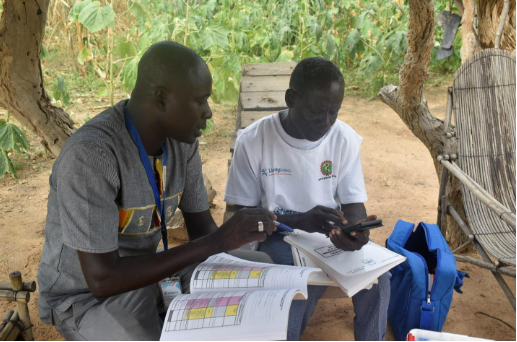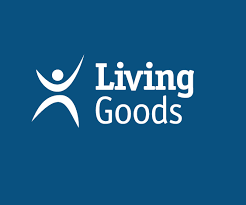Improving a Community Health Program to Reduce Maternal and Child Mortality in Burkina Faso

IPA and Johns Hopkins University are partnering with Living Goods and the Burkina Faso Ministry of Health to conduct an evaluation to refine and measure the effectiveness of a digitally enabled community maternal and child health program with integrated care services.
In Burkina Faso, many people lack access to basic healthcare and reproductive, maternal, newborn, and child health outcomes are poor. The country has the 11th highest child mortality rate in the world,1 with more than five percent of children dying before their fifth birthday and two percent dying in their first month of life. In 2014, the Government of Burkina Faso established a national health promotion strategy, focusing on strengthening community-based health services.
To complement this strategy, the global health NGO Living Goods is collaborating with the Ministry of Health of Burkina Faso to create a healthcare program for maternal and child health that offers a variety of care services--also known as integrated healthcare--and is digitally enabled. The latter aspect includes financial and technical roadmaps for digitization, timely compensation, enhanced training and supervision to optimize the performance of community health workers, and the use of data for decision-making for community health. The program, implemented by Living Goods, started in 2023 in Ziniare health district as a learning site and is expected to be rolled out in a second district in 2024.
IPA and Johns Hopkins University are partnering with Living Goods and the Ministry of Health of Burkina Faso to conduct an evaluation and learning strategy for the Living Goods health program. The evaluation comprises two phases. The first phase is a process evaluation that will gather implementation data to refine and improve the program's operations. An impact evaluation is planned in the second health district during the second phase. The impact evaluation will assess the effectiveness of the program in improving health service provision and quality at the community level.
Results will be available in later 2024 and will be used to inform the government-led scale-up of the Living Goods program.
Sources
1. World Bank Gender Data Portal, “Mortality rate, under-5 (per 1,000 live births),” World Bank Group, Accessed January 9, 2024, https://genderdata.worldbank.org/indicators/sh-dyn-mort/
Implementing Partner

Funding Partner

Research Partner












